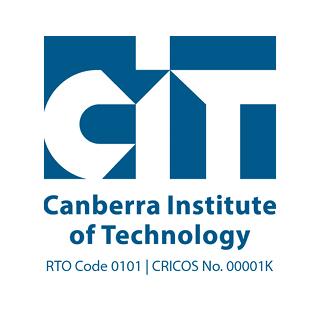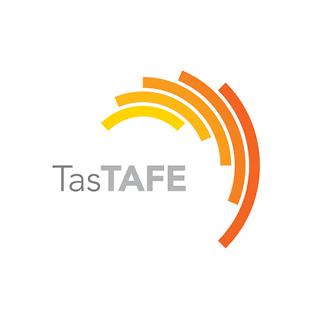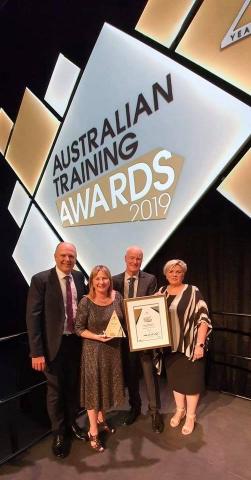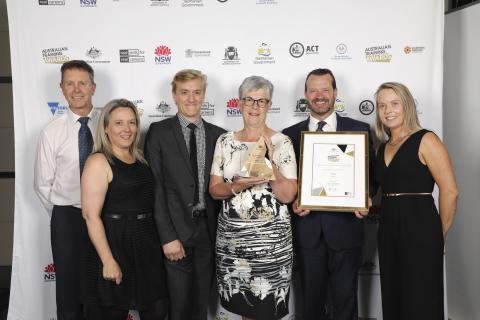South West Institute of TAFE

South West Institute of TAFE (SWTAFE) is the largest vocational education and training (VET) provider in south-west Victoria. In 2019, SWTAFE delivered training to 5,000 students, which was a 27 per cent increase on the previous year.
A large proportion of training is targeted at skills shortages in growth sectors. These include nursing, aged care, community services, health, as well as food and fibre, which is one of Australia’s most competitive industries on the international market.
Partnerships with regional schools foster strong relationships that lead to an array of educational opportunities. The institute’s VET in Schools program supports 367 students in 23 schools.
The strength of SWTAFE’s relationships with primary and secondary schools is evident in its MakerFest program, a bi-annual event coordinated and hosted by SWTAFE. It involves more than 1,200 school students. Approximately 30 education-industry exhibitors showcase innovative careers and encourages participants to explore cutting-edge technology.
Students benefit from SWTAFE’s industry networks, securing highly competitive work placements across the health, tourism and early childhood sectors.




